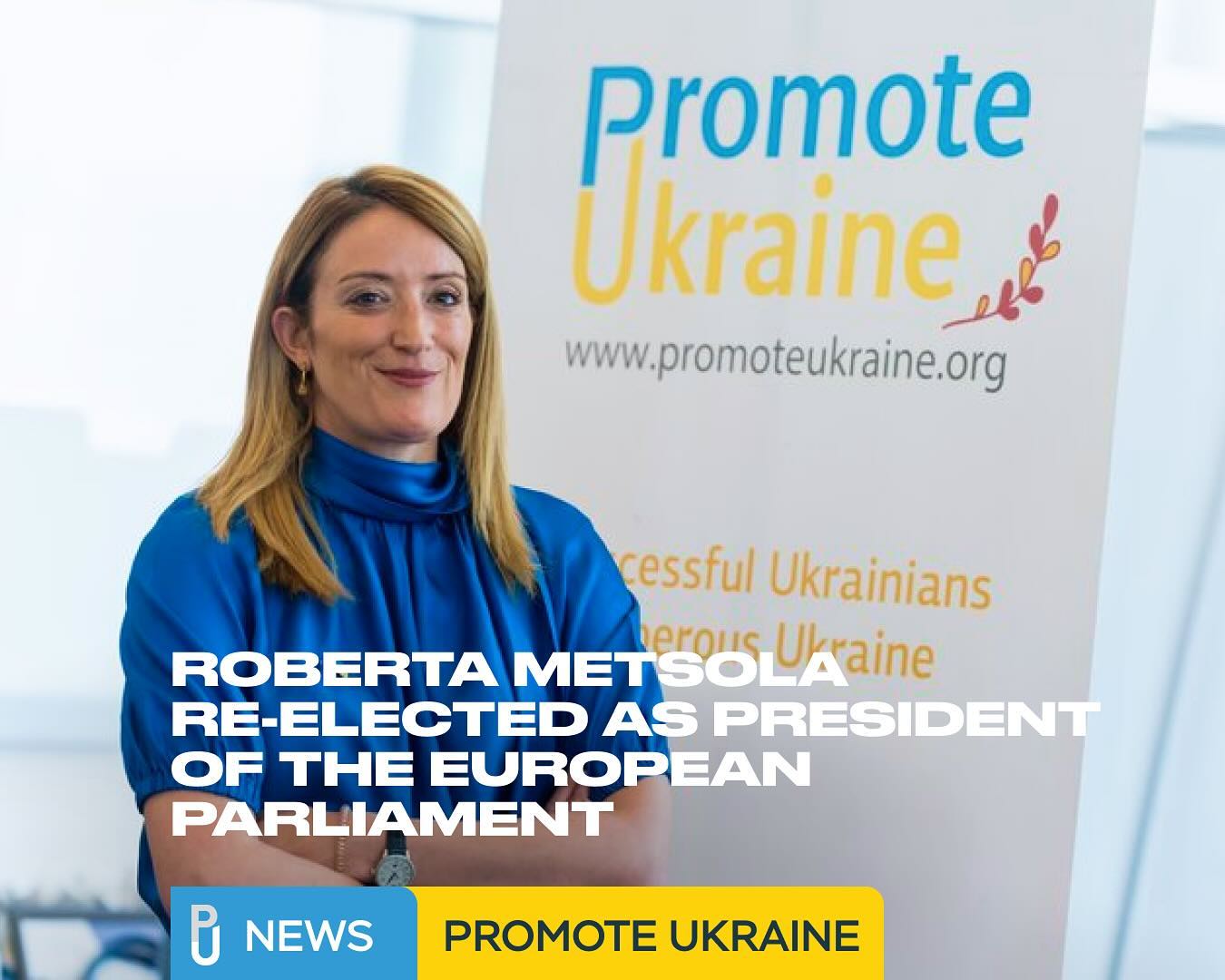The State Security Committee (KGB) of the Republic of Belarus carried out extrajudicial verdicts delivered by the president to his opponents, as evidenced by an audio recording released by EUobserver.
A 24-minute audio file, recorded on 11 April 2012, contains a conversation between the then head of the KGB of Belarus Vadim Zaitsev and members of the Alpha Group’s Seventh Department about the implementation of the president’s order to take “measures” that would lead to the murder of several people. In particular, they mentioned Oleg Alkaev (a Belarusian former prison director), Vladimir Borodach (an ex-colonel), and Vyacheslav Dudkin (a former anti-corruption chief). All of them ended up in Germany, where they talked about the violence used against Alexander Lukashenka‘s opponents. In particular, Borodach called himself a participant in the operations to liquidate ex-Minister of Internal Affairs of Belarus Yury Zacharanka, former chairman of the Central Election Commission Viktar Hanchar and businessman Anatoly Krasovsky, who supported the Belarusian opposition.
The audio recording provoked strong public outcry because one of the intended victims, journalist Pavel Sheremet, was actually killed later and in the very way that was discussed in the conversation. “We should be working Sheremet, who is a massive pain in the arse… We’ll plant [a bomb] and so on and this [abusive word] rat will be taken down in [abusive word] pieces, legs in one direction, arms in the other direction,” the recording says. Sheremet’s car was blown up on 20 July 2016 in Kyiv city center. In addition, the recording refers to the involvement of a toxicologist from Vitebsk, well versed in poisons of natural origin, which resonates with the exposure of a large group of FSB officers specialising in poisoning Russian opposition activists at the end of last year.
That is not to say that the attacks on the opponents of the Belarusian and Russian regimes were a big secret. Alexander Litvinenko, Boris Nemtsov, Sergei Skripal, and recently Alexei Navalny are the most famous names of just a few targets of Putin’s killers. No one had any doubts about the reasons for the disappearance of the above-mentioned Belarusian oppositionists Yury Zacharanka, Viktar Hanchar and Anatoly Krasovsky. Despite this, the West tried to do business with Russia and Belarus to the last, as if nothing was happening, business as usual.
But lately, this knowledge is becoming more specific, acquiring details and even the names of performers, their addresses and phone numbers. It makes an impression when CNN correspondent Clarissa Ward comes to the Moscow apartment of Oleg Tayakin, who was directly involved in the attempted murder of Alexei Navalny, or Navalny himself calls military chemist Konstantin Kudryavtsev, who took part in the operation against him.
Against the background of a sharp increase in the violence against civil society activists in Russia and Belarus last year, the murderous practices of these regimes can no longer be ignored. In addition, they are not limited to their own territory in the fight against the opposition but carry out their liquidation operations in other countries, including the EU. Alkaev, Dudkin and Borodach, on whom attempted murders were planned, lived in Germany and survived only thanks to the actions of the local police. Sergei Skripal and his daughter, poisoned with a Novichok agent in Salisbury in 2018, Britain, survived; and a 44-year-old British woman, Dawn Sturgess, died; police officer Nick Bailey was injured. It never came to British sanctions. Zelimkhan Khangoshvili was shot dead in Berlin on 3 August 2019, and Mamikhan Umarov was killed in the suburbs of Vienna on 4 July – they were critics of Putin’s favourite Ramzan Kadyrov. In April 2015, arms dealer Emilian Gebrev was poisoned in Bulgaria, by all indications with a Novichok agent. Pavel Sheremet was killed in Ukraine.
Europe and its allies must protect themselves, their own citizens and all those who have found refuge in these countries. After all, this is the main sign of sovereignty. But opposition to deadly regimes that feel very confident and unpunished within and beyond their own borders must become systematic, coordinated and tangible. It is no longer just about abstract values; it is literally about life and death. Ukraine, as a direct neighbour of Russia and Belarus and as a country with still imperfect institutions for the protection of citizens and national security, is extremely interested in working together with European partners in this area. Unfortunately, there are circumstances requiring the security component of the European integration not only to accompany but also to precede political and economic ones. Deaths on a political order from Moscow, Minsk or Grozny must be stopped.
Leonid Shvets






 UA
UA FR
FR DE
DE




